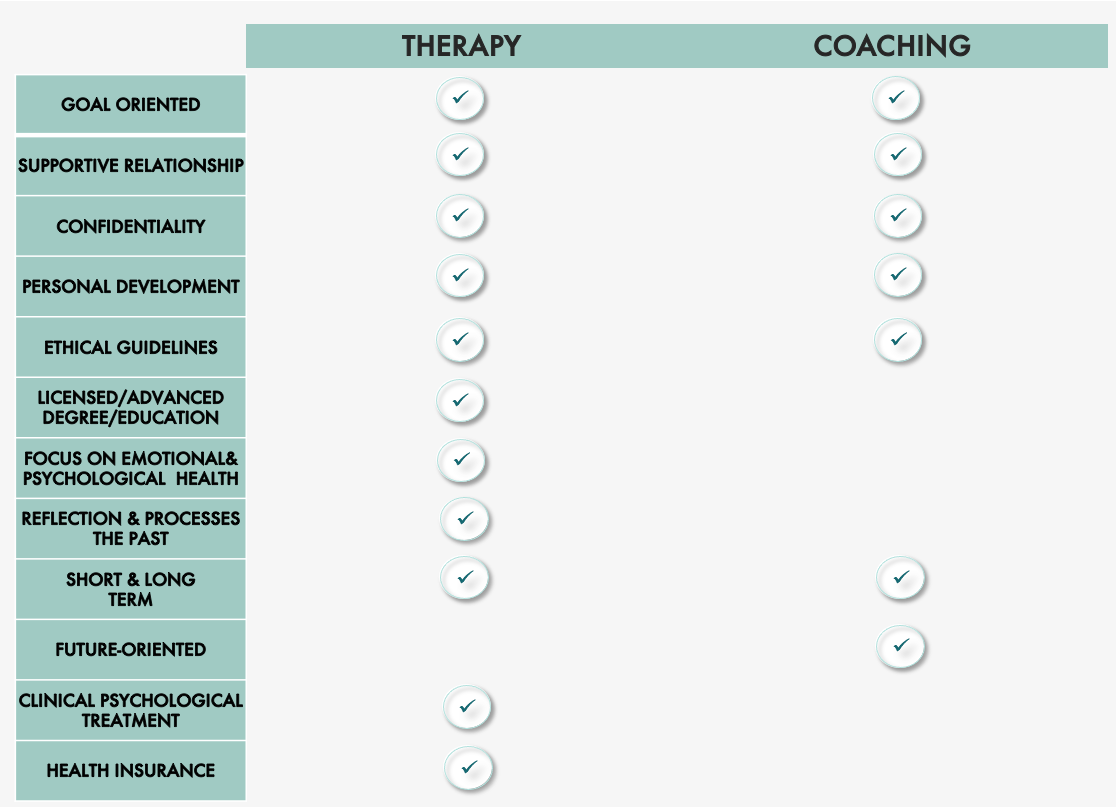Our therapy approach is rooted in systemic psychological theories, multi-faith insight, cultural sensitivity, and spiritual formation to clinically heal and empower diverse families and individuals across faith traditions and sociocultural locations. We currently work with the following client groups:
Therapy
In-Person &
Virtual Teletherapy Services
Individuals
Therapy services with one individual. We explore contextual themes ranging from family, mental health, substance use, and other topics to develop therapy goals aimed at improving quality of life, wellbeing and symptoms related to the clients unique presenting problem.
Couples
Couples therapy explores ways to improve the romantic relationship and develop tools to resolve conflict. Focus on specific problem(s), exploring individual themes, triggers and symptoms that may influence the problem, and measurable solution-focused strategies to enhance the relationship.
Families
Family systems approach to resolving family problems in which the entire family unit is the client. Problems within one family member are problems for the entire family. People are not the problem, the problem is maintained by each member of the family.
Start here to begin working with our team. Let's go!
Mental Health
Mental health is what you tell yourself on your best days….and your worst. It’s the compassion and empathy you show yourself because no one knows your story better than you.
It’s how we respond to adversity, uncertainty and the unexpected curve balls life throws us.
It’s also the refreshing taste of sweet, ice-cold lemonade after being handed a few lemons.
Mental Health is not having the answer all the time, but committing to the process.
Work with us to plant new seeds, to nurture your mind and take the steps to have the life you envision in your most beautiful dreams.
Our Approach
Our approach is grounded in a belief that every single one of us is worthy. We work with individuals (adults and adolescents), couples, and families to develop positive tools and resources to help improve their relational and individual wellbeing. With training rooted in family systems theory, we aim to address the needs of individuals in the context of family, social and cultural systems while working from a strength based perspective. We empower our clients to develop customized treatment goals that fit their needs and move them towards their goals. We are open to integrating spirituality and faith as a resource to guide the maintenance of client challenges. We are also sensitive to issues of diversity related to religion, race, socio-economic status, sexual orientation and gender identity.
We have a special interest in working with people of color, particularly Black Americans, and other ethnic minortized and marginalized communities.
Common presenting challenges and obstacles we explore with our clients:
Depression
Anxiety and Panic
Trauma
Guilt and Shame
Self Doubt
Attachment Difficulties
Family Issues
Grief and Loss
Despair
Workplace Stress, Conflict or Trauma
Career Change/Transition
Feelings of loneliness emptiness
Intrusive Thoughts
Negative Thinking
Life Transitions
Anger/Mood Swings
Relationship Conflict & Intimacy Issues
Divorce, Co-parenting, Blended Families
Therapy vs. Coaching
Wondering whether you want therapy or coaching services? No worries. Book a complimentary 20-minute consultation and let’s find out. Here is a quick guide on the difference.
Therapy

Explores both past and present. Clinical oriented diagnosis and mental health dysfunction. Looks into the why and how.
Coaching

Aimed at helping you achieve results. Future oriented, performance driven. Looks only at what’s needed to change and progress forward.
Comparing Therapy and Coaching
While both therapy and coaching aim to support individuals in leading fulfilling lives, they do so through different lenses. Therapy addresses mental health and emotional healing, often delving into past experiences to resolve present issues.
Coaching, on the other hand, is future-focused, guiding individuals towards achieving specific goals and unlocking their potential. Understanding these distinctions can help individuals choose the right support based on their unique needs and objectives.




